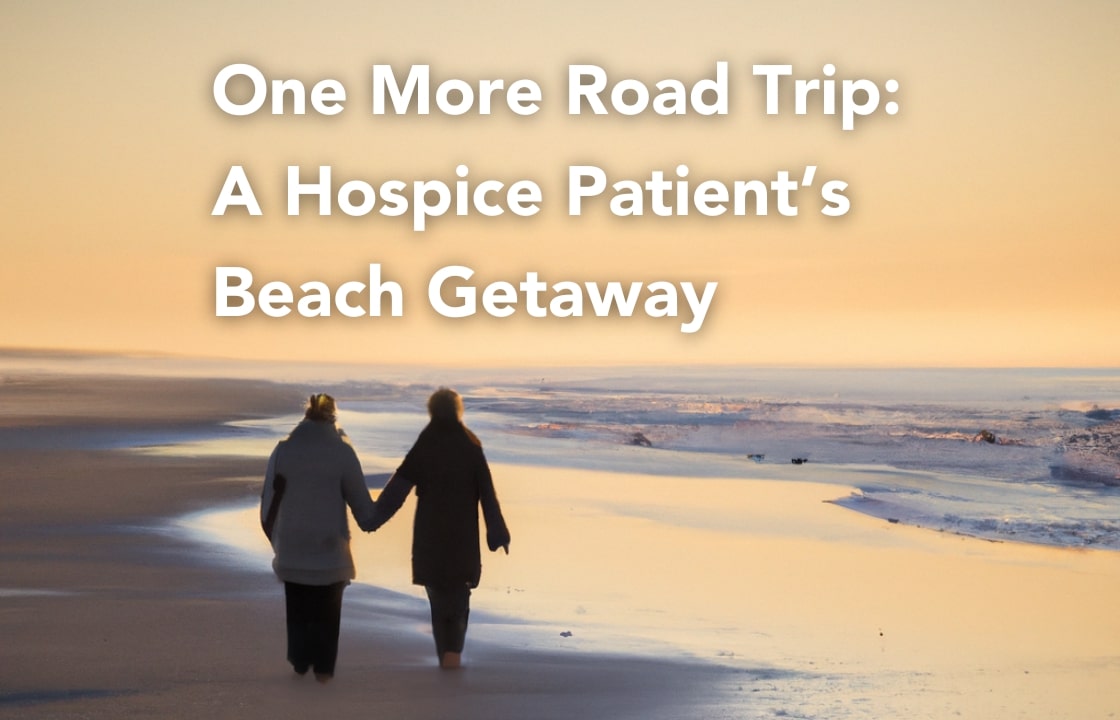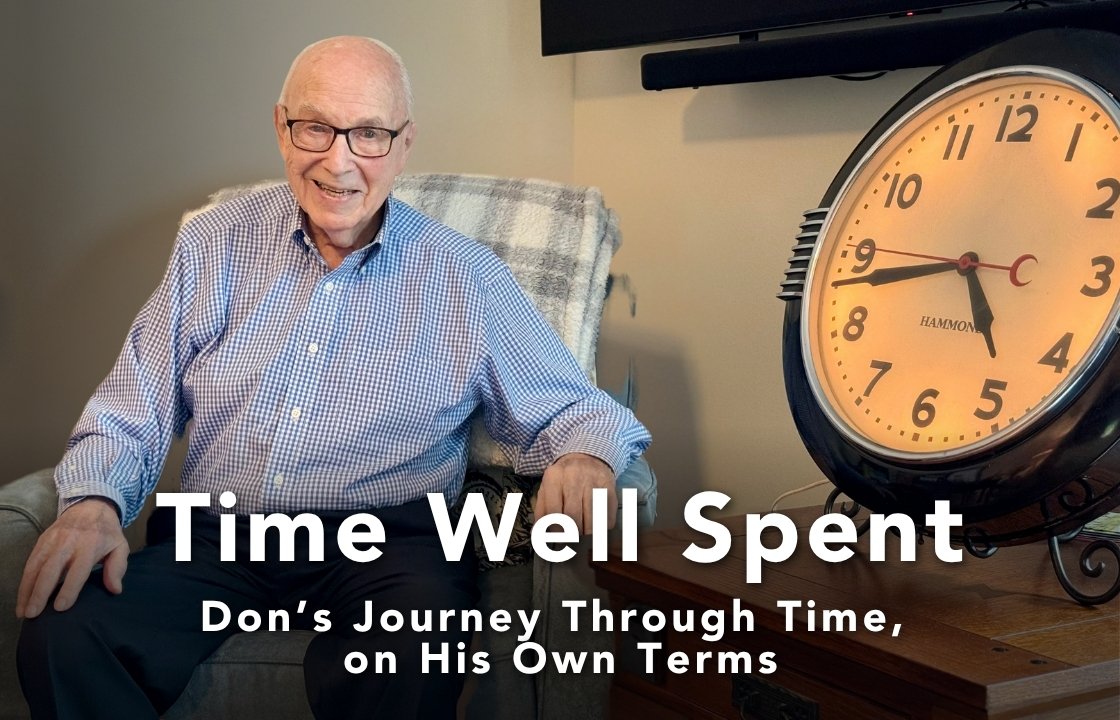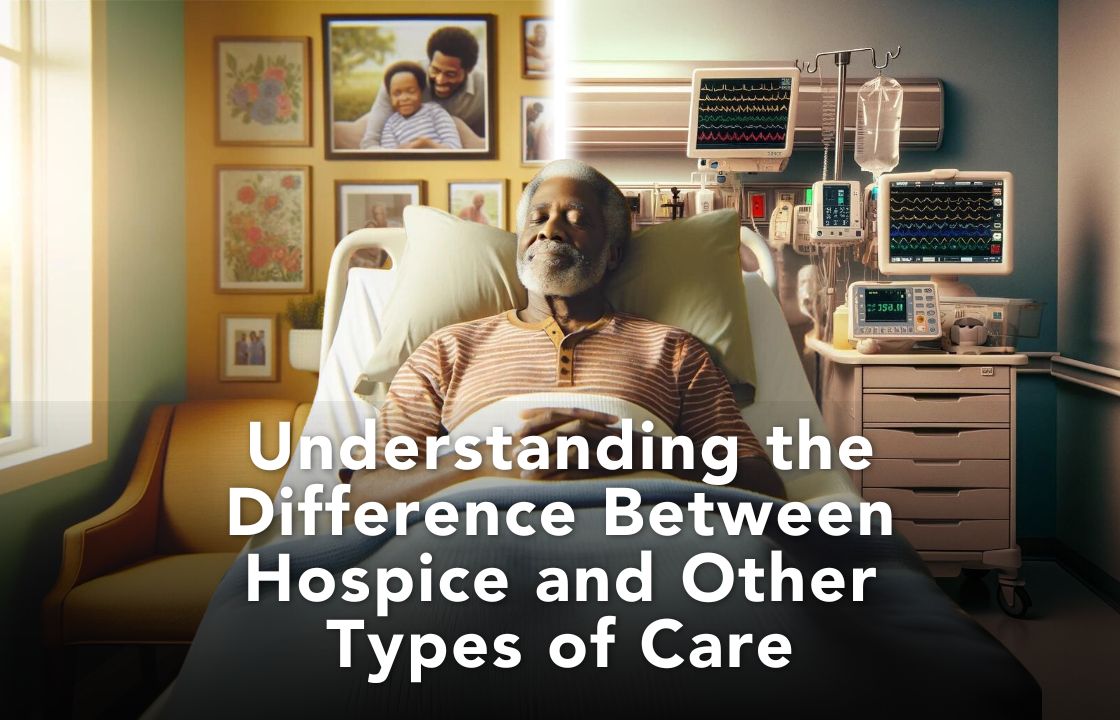It was a diagnosis that no one would want – at a time when few of us are awake.
It was three in the morning. Cindy and her daughter Alex were wide awake in the hospital room when the doctor gave them the news.
Lung cancer.
Stage four.
It had spread to her brain.
They were shocked. The team at the hospital sprang into action and scheduled radiation treatment for them early that morning, even as they acknowledged it wouldn’t halt the cancer’s spread.
Just days before, Cindy was working at the post office in Schuyler. “She was just feeling generally icky,” says her daughter Alex, recalling their phone conversations.
The two chatted on the phone most days, and Alex knew her mom had been sick for a while, “We weren’t quite sure what was going on. She lost her voice a little bit. Then she described some stroke-like symptoms.” Cindy had numbness in her fingertips, and the right side of her face was not working correctly. And so, Alex – who works at a Nursing Home – urged her mom to go to the hospital.
That hospital trip turned out to be a turning point. Despite the shock and the time of night, they needed to decide on a course of action. Cindy knew radiation and chemotherapy were not for her. So, the hospital suggested hospice. “The hospital was very friendly about it,” says Cindy. Her mom had received care from Hospice of the Piedmont years ago.
When Cindy made the decision to start hospice care, one of the first people she met was Deb Harding, their Hospice of Piedmont Social Worker. “Cindy is amazingly resilient. She has overcome and accomplished so much, despite so many difficulties in her life. I’m always completely amazed when I think about her and where she’s come from.”
One of Deb’s many responsibilities as a Social Worker is to help patients and their families make the most of their time together – whether that time is measured in days, weeks, or months. So, when Cindy & Alex decided to take one more road trip to Virginia Beach, Deb worked with them to ensure they had what they needed.
Making Memories at the Beach
Luckily, Cindy and Alex’s trip was not just safe but memorable. Cindy’s voice is soft and hoarse but still lively as she explains that she wanted “a chance to see the beach one more time.”
“The beach is my favorite place to go,” she says. “Growing up, it was all about going to the mountains with family. So, for me, the beach has always been the place I want to go. Everything is just freer at the beach. You’re free to watch the ocean, hear the sounds, and enjoy the people.”
They booked a hotel on the water with a balcony and a door they could leave open to hear the waves. But they didn’t just sit around a hotel room. They went swimming in the indoor pool, ate at local restaurants, and took a trip to the aquarium. “I’ve never seen a real-life seahorse,” says Cindy.
They took some short walks on the beach. But the weather in March can be chilly. It was so windy, says Cindy, “The sand felt like pellets.”
A Daughter’s Assistance and A Mother’s Acceptance
“Most people have a hard time understanding me on the telephone,” explains Cindy in her husky whisper. So, Alex helped her mom plan the trip.
Alex also handled all the driving. “They told me I’m not allowed to drive,” explains Cindy, as she reflects on being a passenger while her daughter played chauffeur. “It’s a rare opportunity to get to look out the window. I know that sounds stupid, but I was always driving. It’s nice to be able to look out the window now.”
Long car trips are a natural time for reflection. When asked what she thought about during the drive, she pauses. Then. Finally. “Death,” she chirps. “This is my last opportunity to do these few things that I want to do.”
Her tone is unsentimental. And she is dismissive when it is suggested that her outlook is inspirational. “I refuse to be one of those who wallow in it. It’s gonna happen. I can’t change it or fix it. So, let’s just go with it.”
Overcoming Limitations: Lessons Learned on a Hospice Trip
Were there challenges on the trip? Of course. “Basically, during this whole process, we’ve had to learn her limitations as we go along. And that’s when we come up with backup plans,” says Alex. “We don’t feel bad about those limitations. We just work around them as best we can.”
Alex’s perspective is not new. “I grew up with a learning disorder. So, from a very young age, whenever I ran up against a limitation, I’ve always just kept trying. Because if I don’t, then what’s the point?” asks Alex.
Hospice has a unique way of spotlighting life lessons like this. Of course, being on hospice comes with limitations. But life is full of limitations. What matters is not the limitation, but how we respond to it. Is it possible that we can live a more limitless life, even when life is limited? After all, Cindy and Alex responded to the literal limitation of Cindy’s life expectancy by going to the beach.
What’s Next?
“We’re still trying to keep busy as long as we can. Even if it’s just going for a walk in the park,” says Cindy. “Next week, we’re going to try and get a massage!”
“Being stuck in one place can slowly become detrimental,” adds Alex. “We try to come up with simple things, like just going out to get a slice of pizza or something. It’s nice to just get out of the house and get a breath of fresh air.”
“You can’t let it get you down,” says Cindy.
——
To protect patient privacy and at the request of the patient, the image in this post was created using the artificial intelligence program DALL·E 2 based on descriptions of Cindy & Alex’s experience at the beach.



